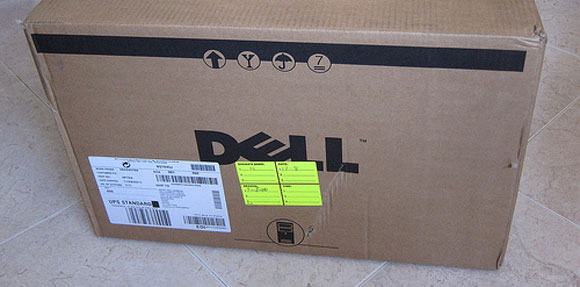Unlike many of the other major purchases we make, we tend to trust to luck when buying a computer. It involves entering a world full of jargon, which is populated by people who love exposing how little we know about the workings of them after all, right?
Wrong, actually. Provided you are clear that you need to consider a handful of important components in order to find a model that does what you want, then you should be able to navigate your way through the market quite easily.
Those components are as follows:
Processor
This is the computer’s ‘brain’, which determines how quickly and reliably it can carry out any task asked of it. With the market dominated by two manufacturers, AMD and Intel, many users are loyal to one particular brand. Generally, however, AMD’s processors are cheaper and work more efficiently, while Intel’s are more renowned for their performance.
Memory
The quality of the memory installed in a computer is measured in two ways, its size, and the speed with which information stored on it can be retrieved. Before making your choice, research the minimum requirements laid down by the manufacturers of the various pieces of software you intend to use. Armed with this, you can determine the optimum amount of memory that you need to be able to store and run the programs you will use. Memory size is measured in gigabytes or terabytes, and the acronym RAM applies to the type of memory which a computer needs in order to be able to store and run the various programs.
Hard drive
This is where documents, pictures and all the other work and information you create and collect will be stored. Again, size and speed of operation are the main criteria to judge by, but you should bear in mind that most computers come with much more hard drive space than you will need.
Optical (CD/DVD/Blu-ray) drives
These enable you to read data from the various types of media, and create your own disks by uploading material from the web or your own collections. If you intend to watch high-definition video on your computer, you will need a Blu-ray drive.
Monitor
Huge strides have been made in this area in recent years, and now, a flat-screen, LCD monitor is the generally agreed minimum standard. Larger screens of more than 24 inches are considered more suitable for professional uses, but a 22-inch size is probably best suited to most homes and home office set-ups, where space is limited.
Be guided by some of the many review websites available when buying, as these will often tell you which computers are better suited to a particular type of use and, most importantly, try not to be tempted into spending more than you need by opting for features and specifications which you will rarely, if ever, use.
About the author: This post was written by John Pritchard, a freelance writer with an interest finance and money, like quick payday loans

